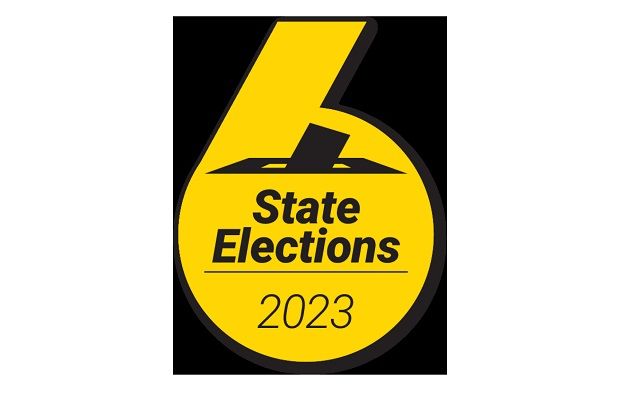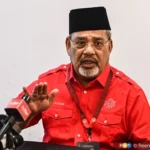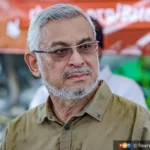Wan Hana Wan Jusoh was born and raised in the capital of Terengganu but left for Kuala Lumpur 10 years ago in search of employment.
She found a job at a private company and soon settled down. But every election season without fail, she would return to her home town in order to cast her vote.
Wan Hana voted for the first time at the 13th general election (GE13) in 2013, where Barisan Nasional (BN) maintained its hold on the state albeit with a diminished majority.
Led by its lynchpin party Umno, BN won 17 seats in the state assembly while PAS, which was part of Pakatan Rakyat at the time, won 14. The remaining seat was won by PKR.
“I was 27 at the time, and I voted for BN,” Wan Hana told MalaysiaNow. “But I wouldn’t describe myself as a hardcore supporter of the coalition.”
Back then, she said, she chose Umno and BN as she felt that they had more to offer to the people of Terengganu.
“The BN-Umno administration was very generous and gave a lot of assistance, especially to the youth,” she said.
“And I was voting for the first time – who doesn’t like getting a lot of help?”
At the next two general elections, though, Wan Hana switched camps and voted for PAS instead.
“Umno had a lot of problems at GE14 with Najib Razak’s corruption issues and 1MDB,” she said.
“Umno’s administration in Kedah also began experiencing problems. There was a lot of wastage and many white elephant projects.
“And when Umno chose its candidates, it fielded individuals who had already been rejected by voters, people who weren’t locals,” she added.
Wan Hana said this angered many outstation voters, especially those who were already on the fence and who chose to support PAS instead.
‘No change’
BN’s performance slid still further at GE15, where the coalition won just 30 seats throughout the country.
Wan Hana said she would not be surprised if the trend continued at the Terengganu election on Aug 12.
“It looks like BN-Umno has not changed, and PAS seems to be doing a good job administering the state.
“There have been no major issues that angered voters. The rest of my friends also say the same thing.”
Awasi Mohamad, secretary of Kepimpinan Anak-Anak Terengganu di Perantauan or Perantau, said outstation voters had contributed greatly to PAS’ victory in the state.
“We have no detailed information on their numbers,” he said. “But we estimate that up to 10% or 15% of voters in every state constituency are outstation voters.
“We predict that the wave of outstation voters will be very big this time around, not just in Terengganu but in every state facing elections.”
PAS defeated BN in Terengganu at GE14, its second such victory since 1999. The Islamist party won 22 of the 32 state seats and six out of eight parliamentary seats while BN won only two.
At GE15 last November, it made a clean sweep of all eight federal seats in the state. Some were won with huge majorities, including Marang where PAS president Abdul Hadi Awang sailed to victory with a majority of nearly 42,000.
Behind PAS’ victory
Analyst Mazlan Ali agreed that outstation voters played a major role in PAS’ victory in Terengganu.
Mazlan, of Universiti Teknologi Malaysia, said 85% of outstation voters had chosen PAS at GE15.
“PAS won at GE14 and GE15 because there was a wave,” he said.
“It was this wave that triggered the support of outstation voters. That is how PAS scored such a huge victory.”
Without this wave, he added, PAS would not have done as well.
“In 1999, PAS won in Terengganu because of the Anwar Ibrahim wave when it formed a cooperation with PKR and DAP.
“But in 2004, because there was no wave, PAS lost. The same happened at GE12. It was only at GE13 that PAS saw some revival in Terengganu.”
Mazlan said PAS would have trouble if outstation voters did not return for the election but left it dependent on the traditional vote of its supporters.
“Outstation voters will be the deciding factor because Umno is actually strong in Terengganu as well, not like in Kelantan,” he said.







